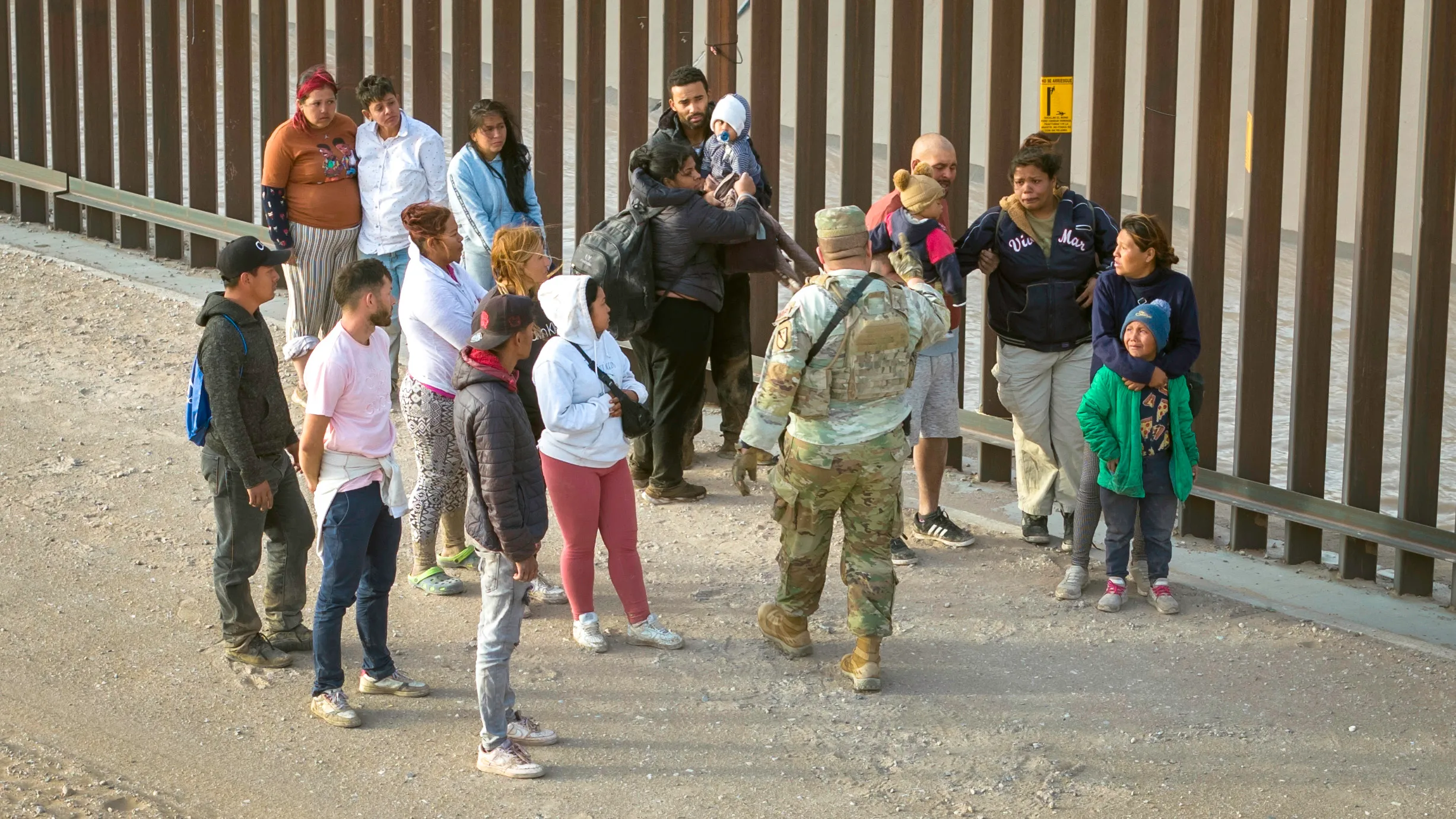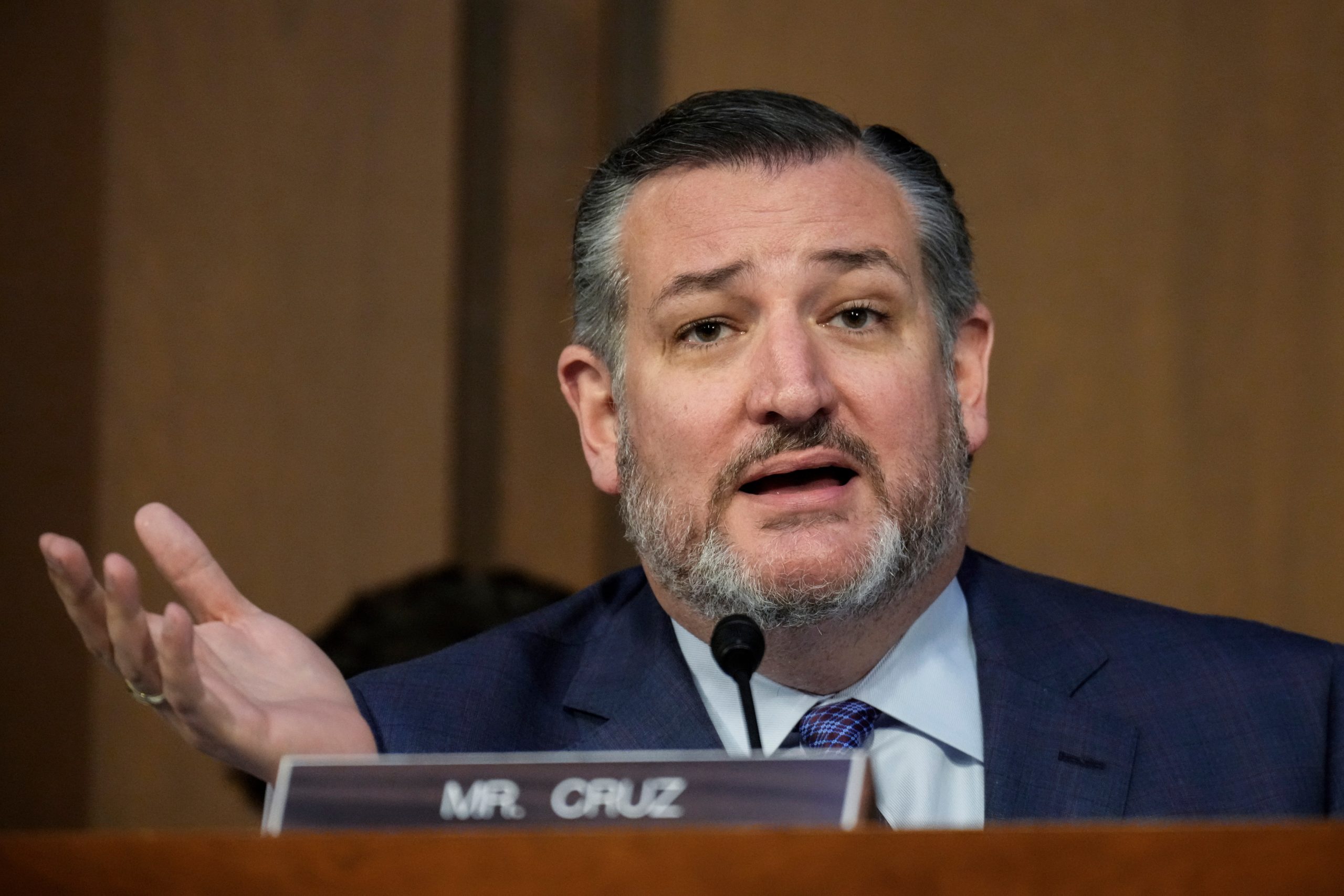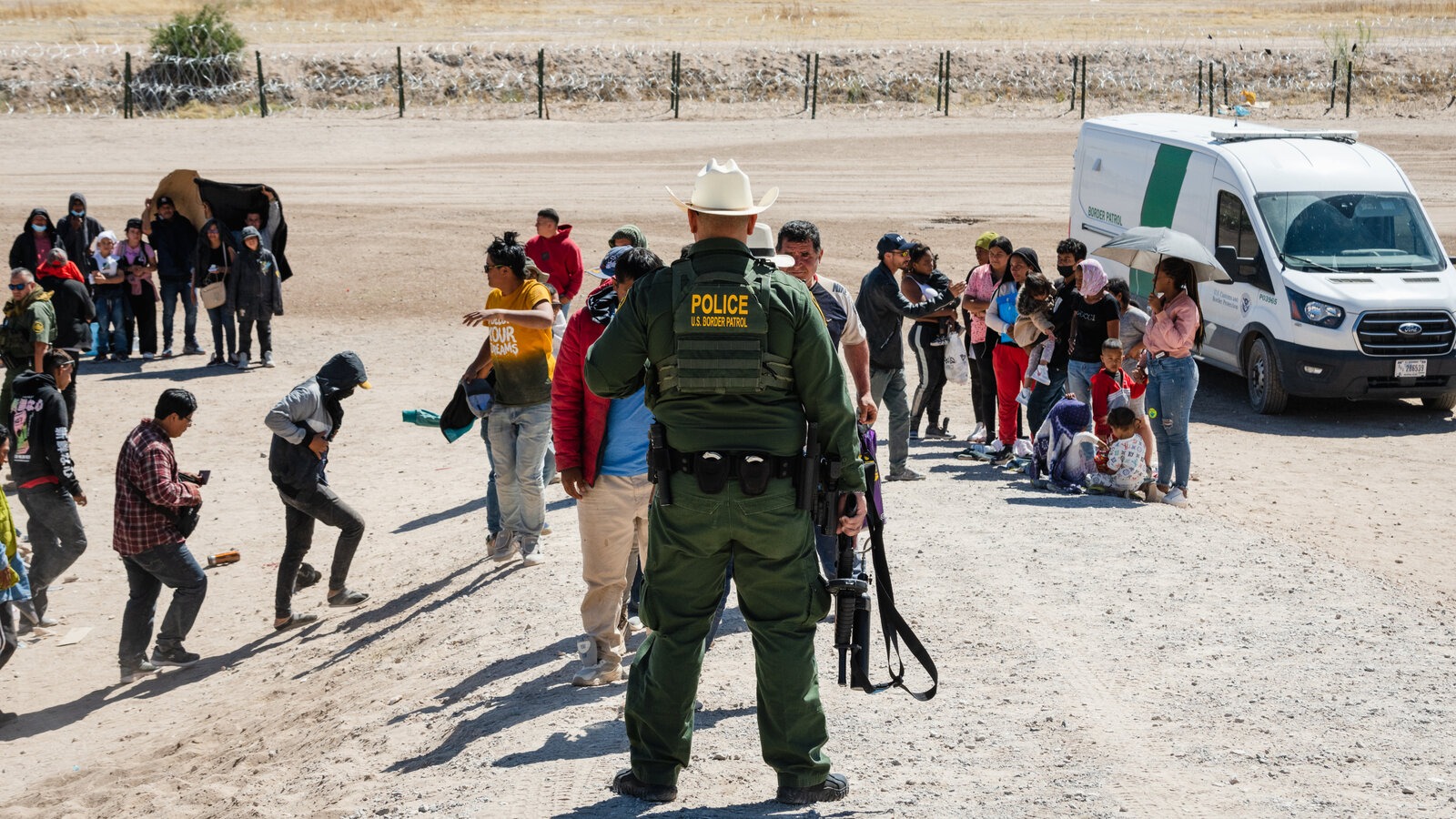President Joe Biden has implemented an effective immigration policy at airports, granting temporary admission to 30,000 vetted Cubans, Haitians, Nicaraguans, and Venezuelans monthly under the parole authority.
This initiative, part of the 1952 Immigration and Nationality Act, aims to address urgent humanitarian needs and has led to reduced illegal border crossings. Despite this success, some right-wing voices falsely criticize the program as a secret, taxpayer-funded scheme to bring in illegal migrants.

Mexico Border Migrants (Credits: WOWT)
Presidents from both parties have historically used parole power, and Biden’s program builds on previous models. The CHNV parole program, launched in January 2023, has allowed over 386,000 individuals from these countries to enter lawfully. Data shows major reductions in illegal entries, contributing to border security and legal immigration pathways.
However, misinformation about the program has spread, portraying it as a Democratic plot to replace American citizens. This narrative overlooks the program’s lawful nature and role in reducing irregular migration.
Critics like Sen. Marsha Blackburn have wrongly characterized the program as secretive and taxpayer-funded, fueling misconceptions and political agendas.

Ted Cruz (Credits: Sky News)
Where It All Went Wrong?
The controversy surrounding the CHNV parole program intensified when the Center for Immigration Studies filed a public records request seeking detailed information about the program’s operations. The Biden administration’s reluctance to release specific airport data has led to further speculation and misinterpretation.
Despite these challenges, advocates argue that the program’s incentives, such as work permits and potential pathways to citizenship for Cubans, have effectively deterred illegal border crossings. While legal battles continue, the program’s impact on reducing irregular migration and promoting lawful pathways remains an outstanding achievement in immigration policy.























